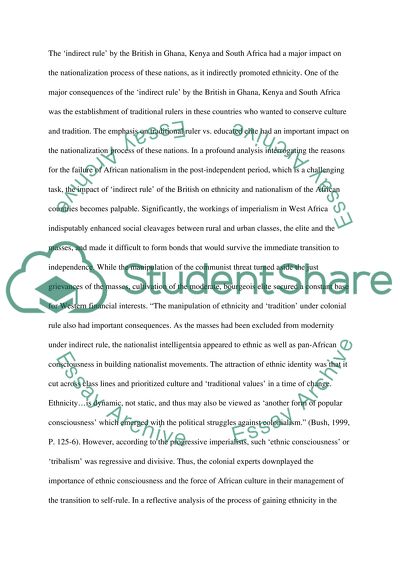Cite this document
(“British Indirect Rule in Ghana, Kenya and S. Africa Essay”, n.d.)
Retrieved de https://studentshare.org/social-science/1520850-british-rule-in-colonies
Retrieved de https://studentshare.org/social-science/1520850-british-rule-in-colonies
(British Indirect Rule in Ghana, Kenya and S. Africa Essay)
https://studentshare.org/social-science/1520850-british-rule-in-colonies.
https://studentshare.org/social-science/1520850-british-rule-in-colonies.
“British Indirect Rule in Ghana, Kenya and S. Africa Essay”, n.d. https://studentshare.org/social-science/1520850-british-rule-in-colonies.


